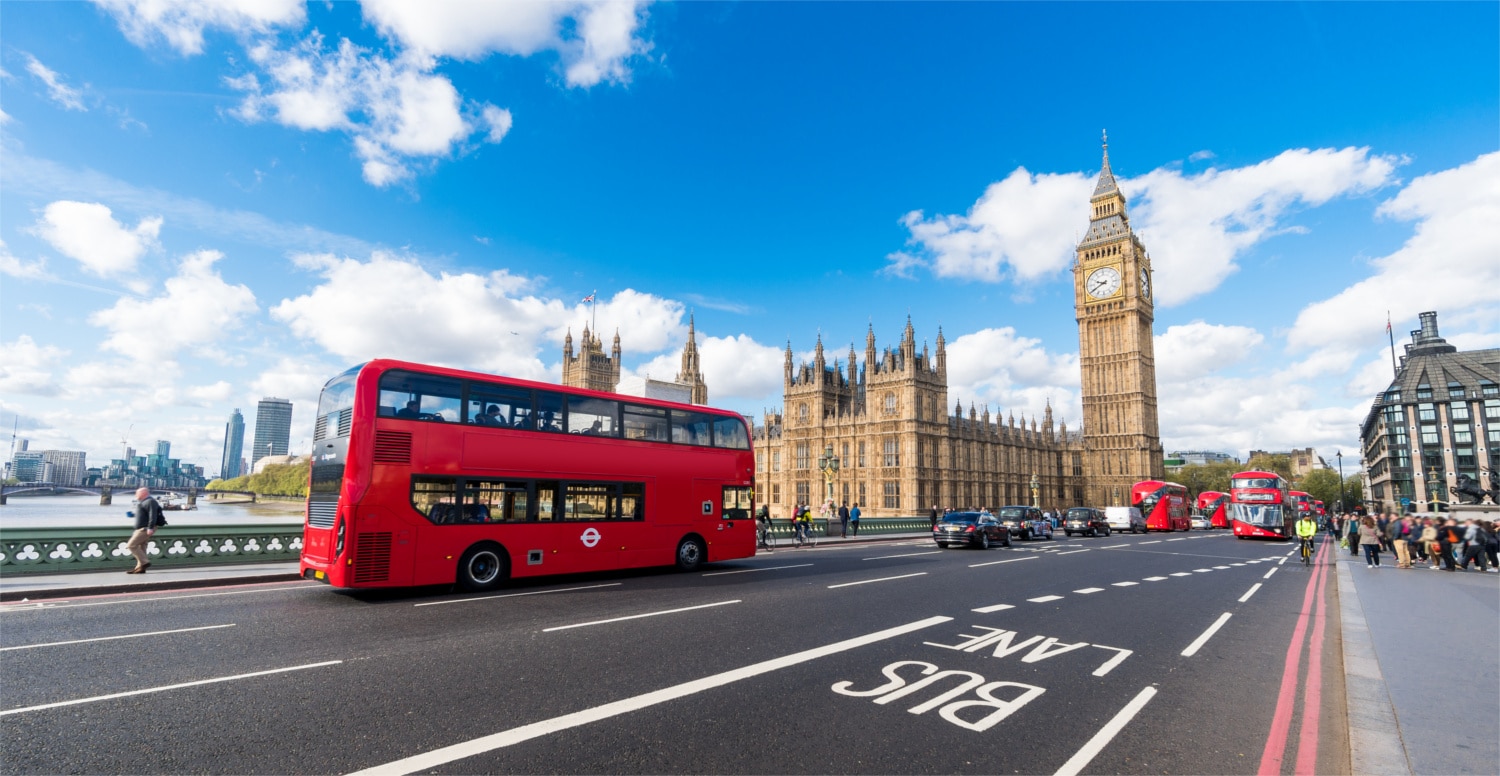For the first time in nearly 70 years, the machine of Pomp and Circumstance is in full swing as preparations are underway for the Coronation of King Charles III this coming Saturday, 6 May. For many in the United Kingdom, this will be the first time they witness a coronation, as the last, for the late Queen Elizabeth II, took place 2 June 1953. But the ceremony won’t only be viewed by Londoners as anywhere between 100 and 300 million people around the world are expected to tune in.
Despite garnering international interest, the ceremony remains a symbol of the United Kingdom for the British citizens. As an outsider, the question I have is whether it’s a symbol of an antiquated system of bygone days or a unifying force for a country and a people.
London: Where History Meets Modernity
Just two weeks ago, I visited London on a spring holiday. It was actually my first time visiting anything other than Heathrow Airport, which is technically inside the M25. As a first-time visitor, I was absolutely taken aback with how the city so seamlessly incorporates the old with the new. The nearly 1000-year-old Tower of London shares the skyline with 30 St Mary Axe. Towering metal and glass skyscrapers loom over traditional pubs rich in wood and textures. And yet, none of it is jarring or looks particularly out of place.
If there is anywhere where modernity and history meld together seamlessly, it’s in this city and its 33 boroughs. And perhaps, in much the same way, this antiquated, by-divine-right monarchy still has a place in a world where kings and queens are mostly relics of the past. But that’s something that King Charles will need to prove to his citizens.
Falling Support
Because Queen Elizabeth II was a cornerstone of British culture for nearly three-quarters of a century and remained largely a blank slate upon which any citizen could paint his or her beliefs, popular support for the royal family remained high. As little as a decade ago, three-quarters of the British population polled believed that the institution should continue, although support fell to just 62% at the time of her platinum jubilee.
Charles, on the other hand, has been much more open about his personal views on certain controversial topics. This, among other things, has led to a continued decline in the support of the monarchy. While the majority of the country continues to support the royal family, at 58% of people polled, less than 30% believe it to be very important for the institution to continue.
This is all the more marked in the 18-24 demographic, where only a third believe the institution should continue and a mere 24% think that the monarchy is good for Britain. It appears that for the monarchy to continue into the future, Charles has a job to do to convince the population of its necessity.
A Controversial Ceremony
The ceremony itself has become embroiled in certain amount of controversy. While it has its opponents, it isn’t lacking for proponents either, who see the ceremony as an occasion to unify the population and create a spectacle befitting the nation.
An Oath to the King
As part of the ceremony, it has been revealed that the British will be invited to join in and swear an oath of allegiance to the king and his lawful heirs. However, the initial wording around this invitation seemed to make it appear as more of an obligation than an invitation.
While the intention was later clarified, many detractors claim that even requesting such an act is out of touch with current sentiments, further citing that asking for allegiance to certain members of the royal family, who have been involved in numerous scandals, is beyond the pale.
A Costly Affair
Another issue raised by detractors is the cost of the event. At around £250M, the event is sure to be an impressive spectacle. However, the British, not unlike their European or American counterparts, are facing a cost of living crisis that has affected a large portion of the populace.
To be sure, Covid has played its part in increasing inflation globally. Yet, the stress hasn’t eased with the end of the health crisis. While the US has seen a number of banks fold in recent months, the UK has been facing a fall in real disposable incomes since late 2021. In this tepid financial climate, this costly ceremony has been called callous to struggling citizens.
Bread and Circuses or Cultural Heritage
At the end of the day, it’s hard to imagine anything other than a spectacular show from a nation rooted in historical ceremony. From their guards garbed in brilliant red coats and black bearskin caps to the wigged solicitors, the United Kingdom has managed to maintain ties to its rich history, while being unafraid to look forward and embrace modernity.
So is the coronation a way to maintain its cultural heritage, its national identity, or is it bread and circuses to distract from growing national and global conflicts?
I personally love a lot of the culture that has been produced in this island nation. From Charles Dickens and Sir Arthur Conan Doyle to Douglas Adams and J. K. Rowling, from Lock, Stock, and Two Smoking Barrels to Shaun of the Dead, from the Beatles, to Pink Floyd, to the Arctic Monkeys… For years I’ve been moved and entertained by the creative minds formed by this unique and rich culture.
However, as an American who has been living in France for more than a decade, I don’t really have any opinion on those chosen, or elected, to rule in the UK or serve as its figurehead. I am interested, however, to see what impact this will have, if this mounting disinterest will lead to a new system, or if this changing of the guard will renew national pride and bring about a strengthening of the monarchy.

